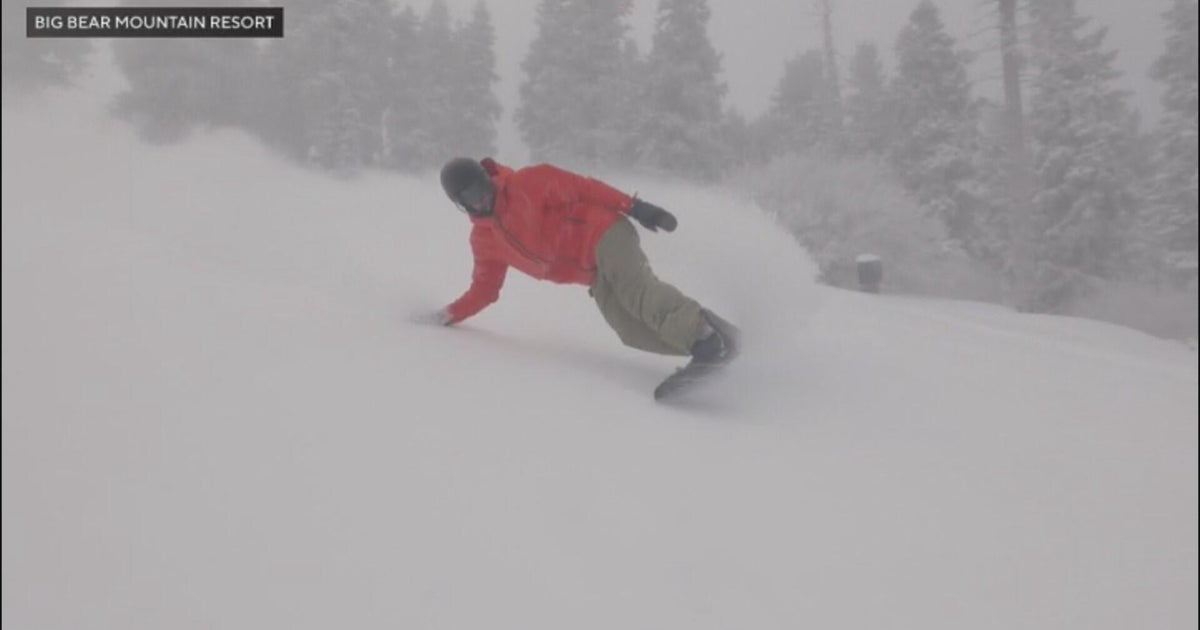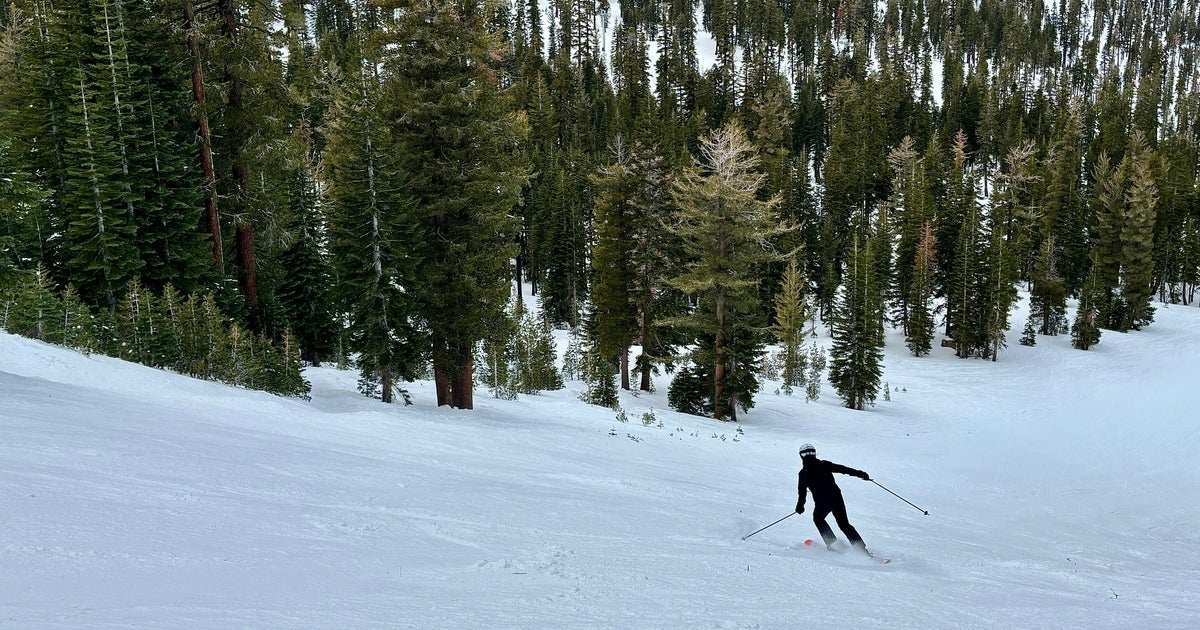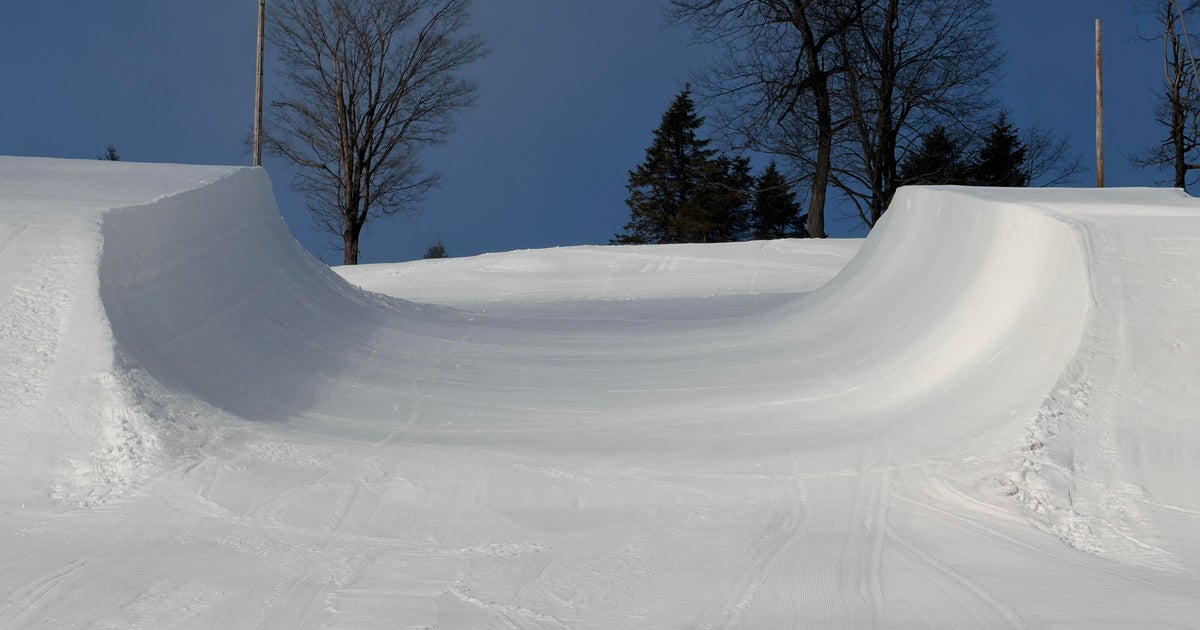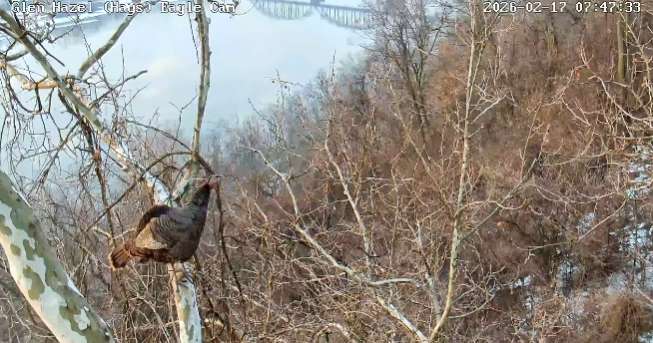Northeast Snowstorms Give Ski Areas Late Season Powder Blast
FAYSTON, Vt. (AP) — Back-to-back nor'easters that have pounded New England have given ski resorts a late-season blast of their life's blood, luring skiers and snowboarders to the slopes, and allowing smaller ski areas that rely on natural snow to stay open.
From Vermont to Maine, skiers and riders were cheering the mounds of snow.
"It's amazing," said Tim Austin, of Brentwood, New Hampshire, as he waited Thursday to board the single person chairlift at Mad River Glen in Fayston, Vermont.
March storms have dumped over 5 feet of snow on Vermont resorts, with Mount Snow in southern Vermont living up to its name; 66 inches have fallen just this month there, according to the Vermont Ski Association.
"It's the best March in years," said skier Gregg Fitzgerald, of Starksboro, Vermont, as he took a break at Mad River on Thursday.
And resorts have the added benefit of snow in the region's down-country cities that gets people thinking about heading to the slopes to ski.
In coastal Maine, Camden Snow Bowl ordinarily stays open until mid-March, said General Manager Beth Ward. But this year, it will likely stay open until April for the second time in the 13 winters that Ward has been there. More than 2 feet of snow fell recently.
"As long as we have the snow, and people are coming, we'll stay open as long as we can," she said.
It's the first time this year that Whaleback Mountain in Enfield, New Hampshire, has had 100 percent of its 30 trails open for more than a day and that's due to the significant snowfall, said general manager Adam Kaufman. The atmosphere also is more fun since people "are more excited about skiing the fresh powder," he said.
Whaleback plans to stay open several weeks longer than planned with this bumper crop of snow.
"With these storms, it's tempting to stay open as long as people are coming skiing," he said.
At the same time, the National Weather Service and Vermont officials are warning back-country skiers and ice climbers about the increased threat of avalanches.
An avalanche struck six U.S. Army soldiers undergoing mountain-warfare training near Mount Mansfield, Vermont's tallest peak.
Vermont state police, resort ski patrols and volunteer and rescue groups have received dozens of calls for assistance in recent days, the department said. Over 30 skiers and snowboarders at Bolton Valley and Killington needed to be rescued over the course of a week, the department said Wednesday.
____
Associated Press writers Patrick Whittle in Portland, Maine, and Mike Casey in Concord, New Hampshire, contributed to this report.







